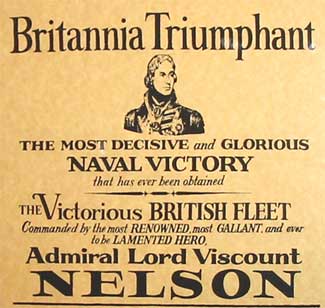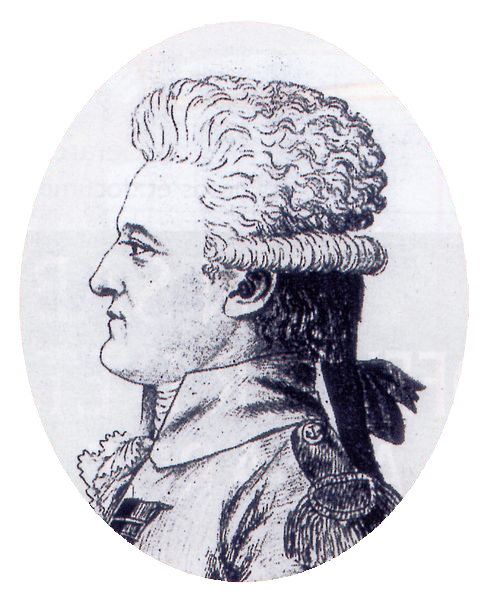


After the Battle of Trafalgar 4 French ships had escaped under the command of Rear-Admiral Pierre Dumanoir le Pelley. Unfortunately for them they were attacked by Sir Richard Strachan commanding 4 flag ships and 4 frigates. Hopelessly outnumbered Rear-Admiral Dumanoir was forced to surrender. The 4 ships under his command were taken back to England as prizes. In all the British forces lost a total of 135 men while inflicting 730 casualties.
"Of the Combined Fleet (French & Spanish), Bucentaure, Algeciras, Swiftsure, Intrepide, Aigle, Berwick, Achille, Redoubtable, Fougueux ( French), Santissima Trinidad, Santa Anna, Argonauta, Bahama, San Augustino, San Ildefonso, San Juan de Nepomuceno, and Monarca ( Spanish) were taken by the British. Redoubtable sank, Achille blew up, San Augustino and Intrepide burned, the British scuttled Santissima Trinidad and Argonauta, and in the gale that followed the battle Monarca, Fougueux, Aigle, and Berwick were wrecked.The Combined Fleet had lost 4,500 dead, 2,400 wounded and 7,000 prisoners. In contrast, the British lost no ships, 449 dead and 1,200 wounded. Only the death of Nelson reduced the joy of victory"

The main significance of the battle was that England would become the world standard in Naval excellence for the next 100 years. No nation would come to challenge their supremacy for the next century.

Another secondary effect of the battle was the ability for the British nation to abolish slavery. Without naval superiority this would not have been possible.

As far as Napoleon's war on Europe his sights had to be set elsewhere. Instead of his wish to invade Englang he had to continue with his ground war since his Navy was utterly demolished. Austerliz, Austria was his next major campaign.

At 4:30 P.M. Admiral Nelson makes the ultimate sacrifice to King and Country.
This was merely 15 minutes after Captain Thomas Hardy informs him of his victory.
His last works are, "Now I am satisfied. Thank God I have done my duty. God and my country."

Pierre-Charles Villeneuve was the commander of the Combined Fleet. He was stationed on the Bucentaure which was captured during the battle. Villeneuve was sent back to England and put on parole where he lived in Berskshire. In 1806 he was sent shamefully back to France. His wishes were to return to action, but on April 22nd, he was found dead from 6 stab wounds at the Hotel de la Patrie. His death was ruled a suicide, but rumors abound that Napoleon had him murdered.